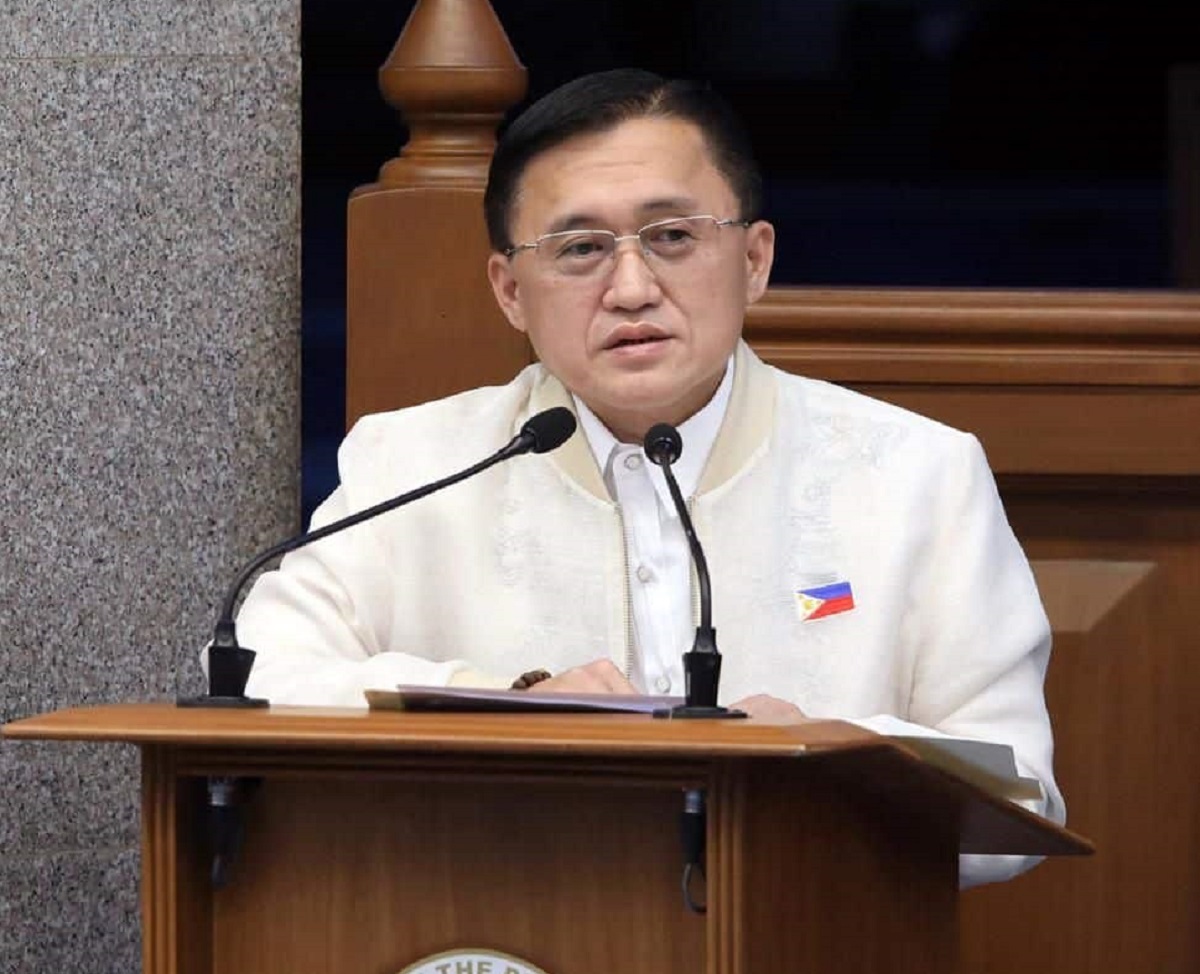Bong Go lauds DOH’s commitment to implement Malasakit Centers Act
Senator Christopher “Bong” Go, chair of the Senate health committee and known for his health reforms crusade, commended the Department of Health (DOH) for its recent advisory highlighting the sustained provision of financial and medical assistance for indigent and financially incapacitated patients.
This support, he emphasized, is a lifeline for millions of Filipinos struggling with medical costs.
In the DOH’s public advisory dated December 17, the agency reaffirmed its commitment to funding medical assistance programs in line with Republic Act No. 11463, also known as the Malasakit Centers Act of 2019:
“Patuloy ang pagpondo at suporta ng Department of Health (DOH) para sa mga indigent at financially incapacitated na pasyente… Alinsunod sa Republic Act No. 11463, maaaring dumulog ang nangangailangan ng medical assistance sa mga Registered Social Worker sa mga Malasakit Center ng ospital na meron nito.
“Maaari ring magtanong sa mga ospital na walang MC kung sila ay sakop ng DOH Medical Assistance for Indigent and Financially Incapacitated Patients (MAIFIP) para sa karagdagang impormasyon ukol rito.”
Senator Go, the principal author and sponsor of the law, stressed its importance in institutionalizing a system that directly aids underprivileged patients.
“Malaking ginhawa po ang naibibigay ng Malasakit Centers sa mga kababayan nating walang kakayahang magbayad ng gastusin sa ospital. Sa isang lugar lang, nandiyan na ang mga ahensya na tutulong para mabawasan ang pasanin nila,” Go said.
During a hearing on December 18, conducted by the Senate committee on health, DOH Undersecretary Dr. Emmie Liza Perez-Chiong emphasized that all Malasakit Centers across the country are allocated funding for MAIFIP. She highlighted the program’s efficiency, noting that hospitals can request additional funding from the office when needed.
Addressing misconceptions, she reiterated that the MAIFIP program’s administration is entirely within the purview of the DOH, dispelling the notion that it is politically driven.
Go emphasized the importance of accessibility for all, asking further, “So lahat may access dito? May we get from the DOH assurance na wala pong matatanggihan na pasyente dito sa mga hospitals n’yo?”
Perez-Chiong responded, “Opo, actually, Mr. Chair, we already (emphasized) na meron pong MAIFIP assistance anytime. Meron po kaming hotline kung kayo po ay biglang matanggihan o bigyan ng cut-off. You can always call us or email us. Ginawa po namin ‘yan. And this is across 87 (DOH) hospitals plus ‘yung apat po na specialty hospitals… and all Malasakit Centers.”
Despite assurances, Go raised reports from provincial hospitals claiming lack of funding for indigent patients. “Kasi may mga hospitals daw sa iba’t ibang probinsya na wala na raw silang pondo at hindi na raw sila po pondohan, ‘di ba? Mandated naman po ng Republic Act No. 11463 or Malasakit Centers Act na wala pong matanggihang pasyente at may access po sila sa four agencies?”
Perez-Chiong affirmed, “Opo. I can say only for the DOH. PCSO po, hindi ko po masabi. PhilHealth, definitely po… and DSWD… because the JAO now that we are supposedly implementing, medyo may isang issue lang po ‘yung isang agency. But rest assured, kahit wala po ‘yung agency na ‘yon, the MAIFIP assistance is continuous.”
Seeking further assurance, Go requested confirmation from DOH Secretary Ted Herbosa, who categorically stated, “Yes, Mr. Chair. Wala po tayong tinatanggihan sa mga humihingi ng tulong sa Malasakit Program Office.”
Herbosa elaborated on the collaboration with partner agencies such as PhilHealth, DSWD, and PCSO, adding that funds and services are in place to support indigent patients.
The senator probed further, asking, “So, nag-issue na rin po kayo ng memorandum na uninterrupted service, ba ‘yan?” to which Herbosa confirmed, “Opo, dahil office hours ang karamihan nito, ‘yung iba may hotline ‘pag nangyaring kailangan mo ng additional funds on a weekend or a holiday.”
Go then sought clarity on persistent rumors of depleted funds, questioning, “So, hindi po totoo na walang pondo po para sa mga indigent patients ang DOH?”
In response, Herbosa assured the committee that the funds remain intact and outlined the various forms of assistance provided by different agencies.
Go’s persistent inquiries culminated in Secretary Herbosa’s strong assurance: “Yes, Mr. Chair. Tuluy-tuloy po ang serbisyo sa lahat ng Malasakit offices.”
The Malasakit Centers serve as a one-stop shop, bringing together representatives from the Department of Social Welfare and Development (DSWD), the Department of Health (DOH), the Philippine Health Insurance Corporation (PhilHealth), and the Philippine Charity Sweepstakes Office (PCSO).
Through these centers, impoverished patients can receive financial support to significantly lower their hospital bills.
Go cited DOH data that over 15 million Filipinos have already benefited from the Malasakit Centers since their inception. At present, 166 Malasakit Centers operate nationwide, ensuring accessible and immediate assistance for patients in both public and private hospitals.
“Ang pangunahing layunin ng Malasakit Centers ay mabigyan ng maayos at maaasahang serbisyo ang mga Pilipino. Hindi na kailangang magpalipat-lipat ng opisina o mangutang para lang sa pang-hospital. Sinisigurado naming hindi pababayaan ang mga nangangailangan,” Go declared.
READ: Major public hospitals in Eastern Visayas now have ‘Malasakit Centers’
